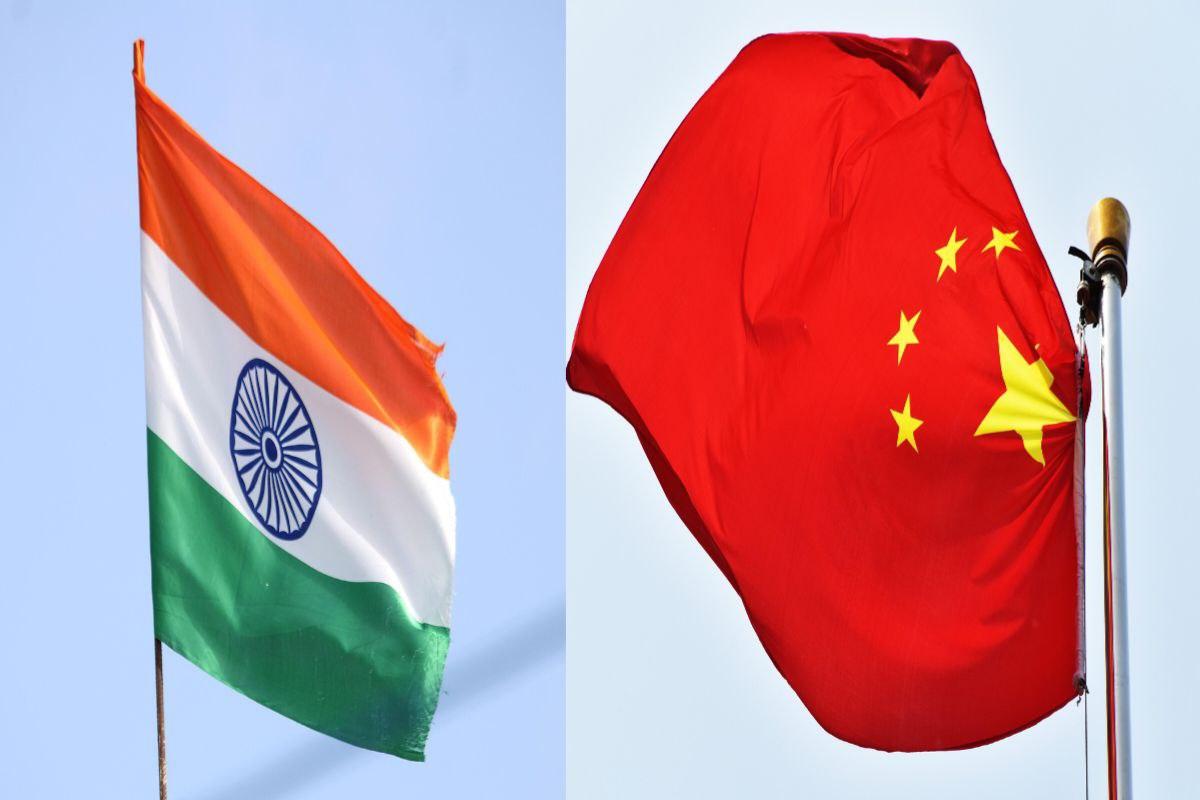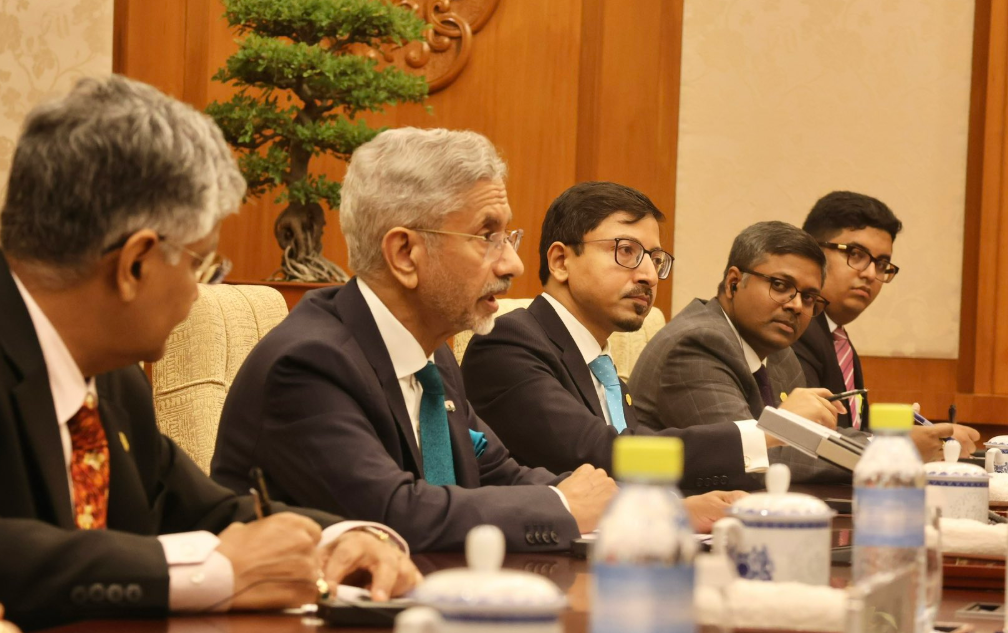
In recent months, China has taken significant steps to tighten its grip on the global supply chain by imposing restrictions on the export of several critical rare minerals. These decisions have had a direct impact on India, disrupting supplies that are vital for Indian industries. The minerals under export control include gallium, germanium, graphite, and other high-tech metals used in manufacturing semiconductors, electric vehicles, batteries, and defense equipment.
For a long time, India has relied on China for the steady supply of these rare earth minerals. Indian companies across sectors, especially in electronics and clean energy, benefit greatly from the import of such materials. However, with China’s recent ban, the flow of these strategic resources to India has come to a halt, adversely affecting the domestic manufacturing and technological sectors. This move is being seen as a geopolitical strategy by China to maintain dominance in global technology and resource supply chains.
Recognizing the strategic nature of this issue, India responded diplomatically but firmly. During a recent high-level visit to China, India’s External Affairs Minister Dr. S. Jaishankar took up the matter with his Chinese counterpart, Wang Yi. The Indian side expressed deep concern over China's decision to impose such trade restrictions. Dr. Jaishankar highlighted that such measures could damage bilateral relations, especially when the affected sectors are of strategic importance to both nations.
In his talks, Dr. Jaishankar emphasized the need for neighboring countries and major global economies to foster cooperation rather than creating artificial roadblocks. He pointed out that promoting people-to-people exchanges and reducing trade restrictions are vital for long-term, mutually beneficial economic collaboration. He stressed that restrictive trade measures are counterproductive in an era where nations are striving to diversify global supply chains and reduce overdependence on any one country.
China’s approach to this ban has been particularly selective. While restrictions were imposed on multiple countries, Beijing continued to export these minerals to a few chosen partners. India, seen as an emerging competitor in the technology and semiconductor domain, was denied access. This selective strategy reveals China’s broader geopolitical intent: to use economic tools, particularly control over critical mineral exports, to assert its influence and deter competitors.

India, meanwhile, is in a transitional phase where it is focusing heavily on boosting domestic semiconductor manufacturing and reducing dependence on foreign sources for strategic minerals. The ban comes at a time when India is advancing toward technological self-reliance through initiatives like the ‘Make in India’ program and the recently launched Critical Mineral Mission. China’s move, therefore, acts as a stumbling block to India’s ambitions and is clearly a competitive geopolitical maneuver.
In this evolving scenario, India has two broad options ahead. First, to secure alternative sources of these rare minerals by strengthening trade relationships with other mineral-rich nations such as Australia, Brazil, and African countries. Second, to invest significantly in the exploration and extraction of these minerals within the country. Though building domestic capacity in rare mineral production will take time and substantial investment, it is a necessary step toward long-term security and self-reliance.
The Indian government is actively pursuing both these paths. At the diplomatic level, efforts are being made to persuade China to lift the ban and reinstate a mutually beneficial trade arrangement. At the same time, policy and funding support are being extended to mining and technology sectors to scale up local capabilities in critical mineral sourcing and processing.
This export ban by China comes at a time when the global discourse is increasingly centered on economic security and technological sovereignty. Countries around the world are working to diversify their supply chains to avoid strategic dependencies. China’s assertive move, therefore, sends a strong signal about how economic tools are being used to shape geopolitics.
For India, this is both a challenge and an opportunity. The challenge lies in navigating immediate disruptions in critical sectors. The opportunity, however, is to use this moment to push forward bold reforms, invest in domestic resources, and forge new global partnerships that reduce long-term dependency on any single source.
As supply chain resilience becomes a priority for nations worldwide, India’s proactive approach in addressing this issue with China and preparing alternative solutions reflects a strategic maturity in its economic and foreign policy.
Disclaimer:
This article is based on recent diplomatic and geopolitical developments related to China’s rare mineral export ban and its impact on India. The information is drawn from official statements and policy-level interactions. The interpretation and opinions are intended for informative purposes and do not represent any official government position.




